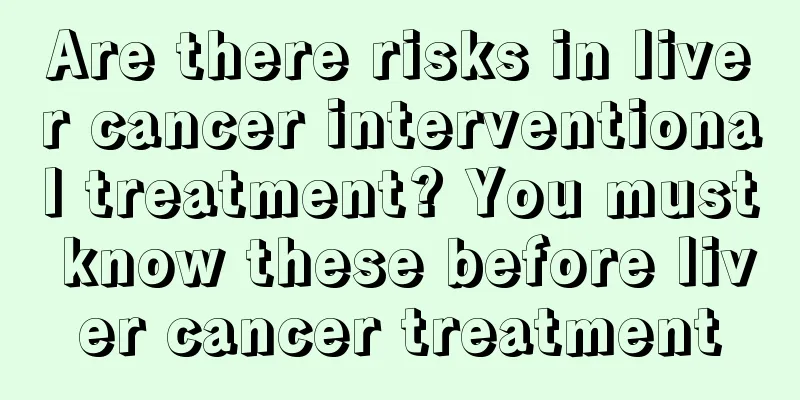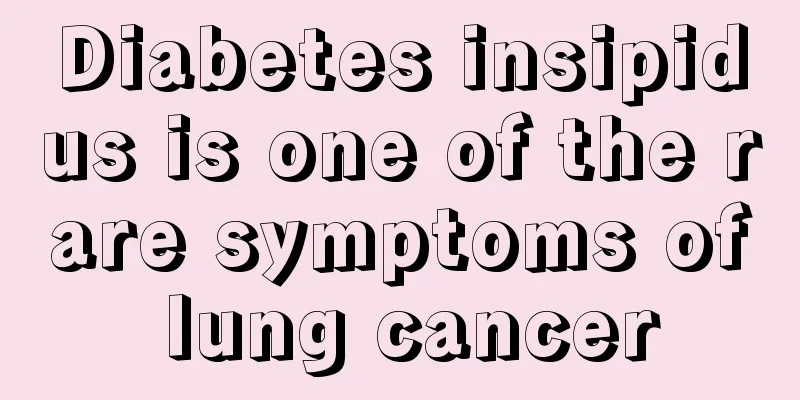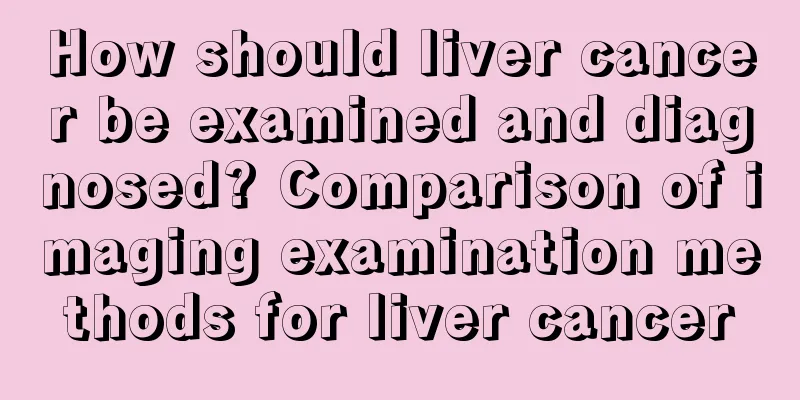Are there risks in liver cancer interventional treatment? You must know these before liver cancer treatment

|
Interventional therapy is a minimally invasive surgical treatment of diseases under the guidance of images. It is the third largest clinical treatment discipline after internal medicine and surgery. Due to the advantages of small wounds, clear effects and fast recovery, interventional therapy is deeply welcomed by patients and doctors and has become a first-line clinical treatment method. With the promotion and popularization of this technology in clinical practice, the complications (risks) of interventional therapy have continued to rise, and doctors and patients should also pay great attention to it. However, the risks of interventional therapy are everywhere. Taking liver cancer patients as an example, half of them will have the following 8 risks when undergoing interventional surgery for liver cancer. What are the risks of interventional treatment for liver cancer? 1. Severe liver dysfunction, severe jaundice, coagulation dysfunction, etc. 2. There is a large amount of ascites or severe liver cirrhosis, and liver function is Child C grade. 3. Portal hypertension with retrograde blood flow and complete obstruction of the portal trunk without collateral vessels. 4. Postoperative infection, such as liver abscess. 5. Patients whose tumors occupy 70% or more of the whole liver (if the liver function is basically normal, a small amount of iodized oil can be used for fractional embolization). 6. The patient's white blood cell count is <3000. 7. Extensive liver cancer metastasis has occurred throughout the body. 8. People with systemic organ failure. Not only do liver cancer patients have postoperative sequelae, but any cancer interventional treatment may have varying degrees of risk, such as paraplegia, cardiovascular and cerebrovascular diseases, massive bleeding, fractures, allergic reactions, peripheral nerve damage, intestinal perforation, and other complications. Many people wonder why interventional surgery, which is a minimally invasive surgery, has such a high risk of complications? Objectively speaking, compared with traditional surgical procedures, the wounds suffered by patients during interventional surgery are significantly smaller, but smaller wounds do not mean less risk. How should patients and doctors correctly treat interventional treatment? Doctors and patients are equally concerned about the dangers of interventional treatment, but they must also face the dangers bravely. When a disease is detected or develops to a certain extent, interventional treatment is required, mainly to reduce the patient's pain or prolong the patient's life span. During treatment, the patient is likely to face new risks brought by the surgery itself, so it is necessary for the patient and his family to weigh the pros and cons and make a clear choice, whether to treat or not. For patients: If interventional treatment is chosen and risks occur during the treatment, the original disease may not be cured and the patient will have to endure other pains brought by complications. The patient will suffer double pain both physically and mentally, and it will also bring a serious financial burden to the family. For doctors: If risks occur after interventional treatment for patients, the reputation that doctors have worked hard for half a lifetime may be destroyed. They also have to endure irrational scolding, malicious claims, threats to doctors' future, disruption of the work environment, and even personal attacks from family members. In addition, there is a lot of pressure from leaders and management departments. In serious cases, they may face suspension, and the whole family will starve. To sum up, we can draw a warning to both doctors and patients: please remember, "Interventional treatment is dangerous and should be chosen with caution." |
<<: What are the common early symptoms of lung cancer? Two common early symptoms of lung cancer
Recommend
What are some tips for treating teeth grinding in adults?
The health status of teeth can be discovered from...
The difference between sesame oil and sesame oil
In fact, sesame oil can also be called sesame oil...
Tips for keeping your baby from sleeping
The safe birth of the baby is a great joy for the...
Is scraping for facial good?
The face is a part that almost everyone pays clos...
How to prevent recurrence of lung cancer after surgery
Lung cancer patients are most afraid of recurrenc...
What is vestibular vertigo?
Vestibular vertigo is a common symptom at present...
Housewives, learn this! Add one more step to cooking and your whole family will not get cancer
"Frying, stir-frying and deep-frying" a...
3 types of prostate cryosurgery to treat prostate cancer
Most prostate cancers are hormone-dependent, and ...
Nursing points for primary care
We all know that not everyone can be a hospital n...
What are the early symptoms of benign bone tumors?
Tumors are very scary diseases for people because...
Why does my stomach hurt when I'm hungry
Nowadays, many people have irregular eating habit...
What are the advantages of modern medical infusion bottles?
The rapid development of modern medical technolog...
How to remove dark spots
In recent years, skin problems have received more...
What should I do if I have liver cancer and ascites? There are five treatment methods
Liver cancer is a relatively serious disease and ...
What medicine should I take for the symptoms of heavy dampness
In our lives, we often experience symptoms such a...









